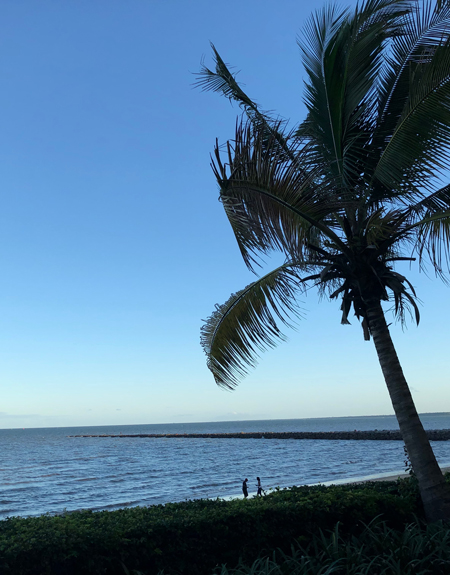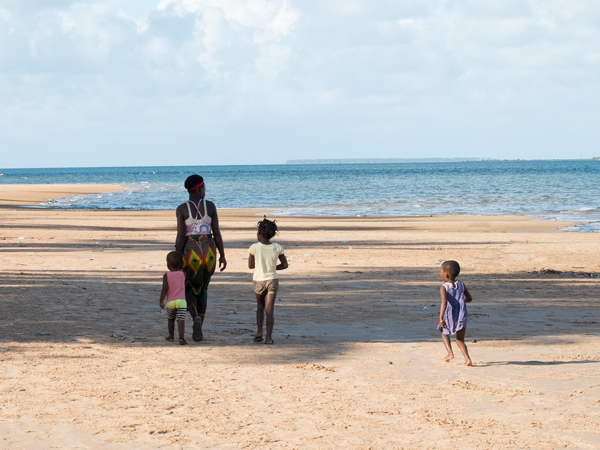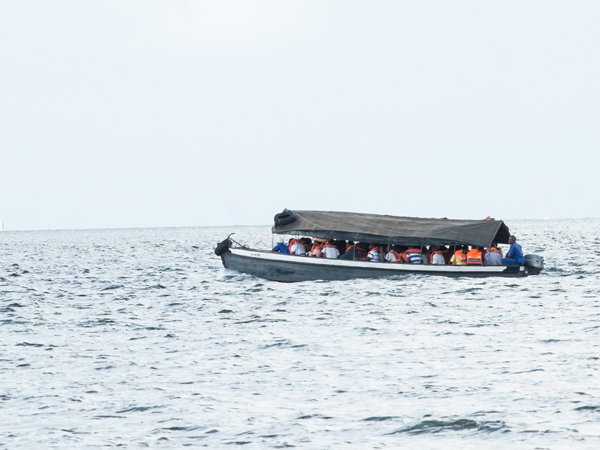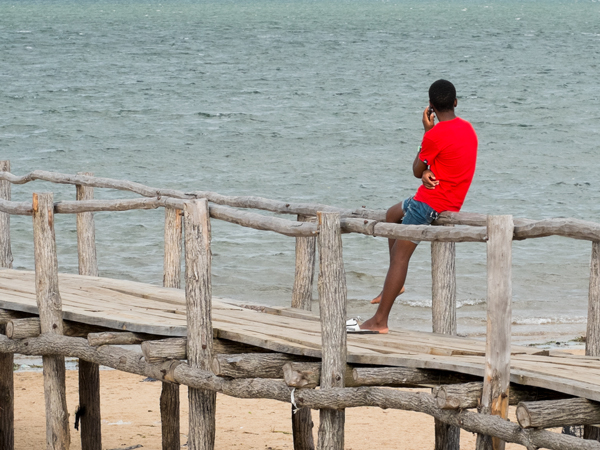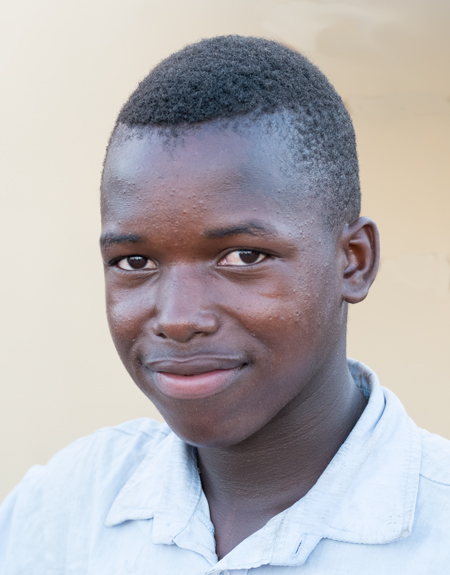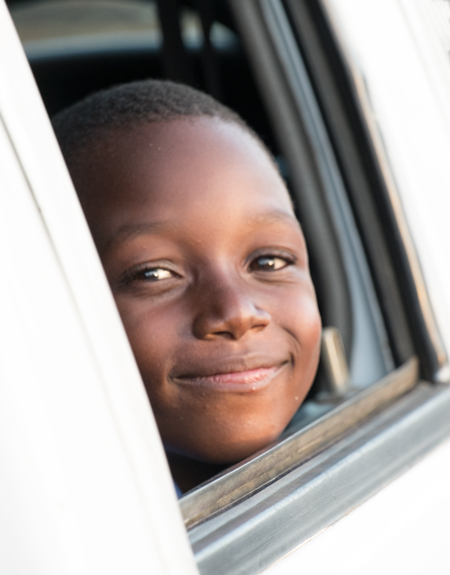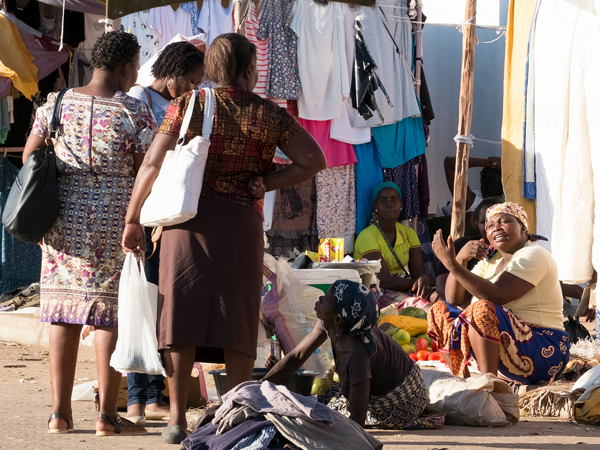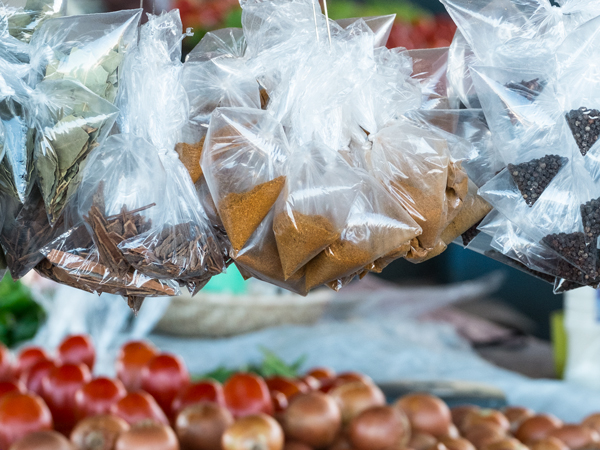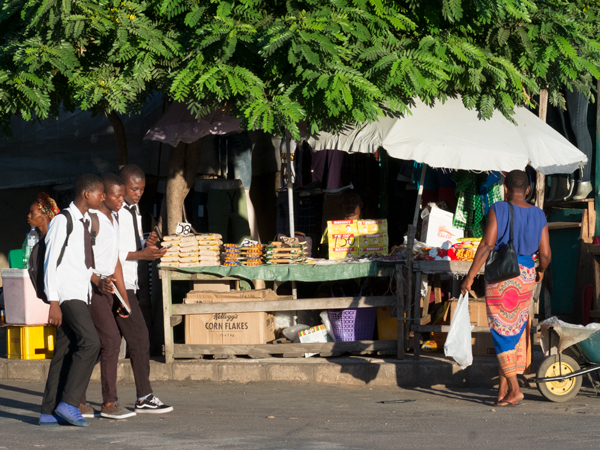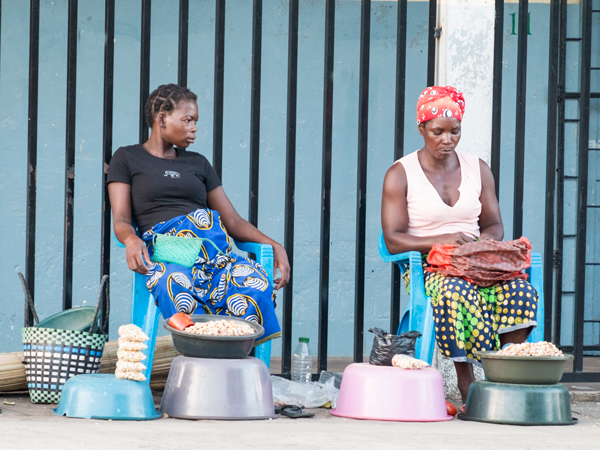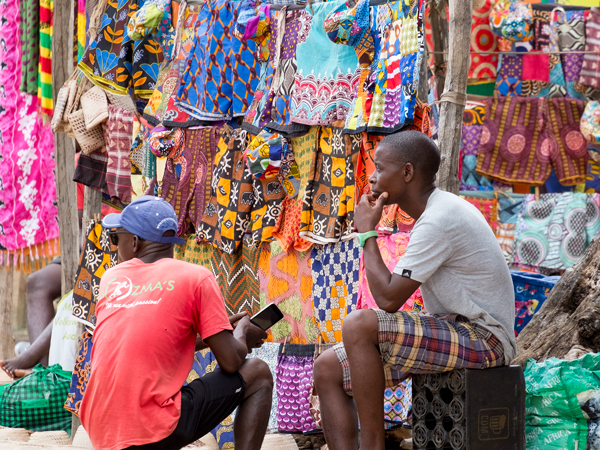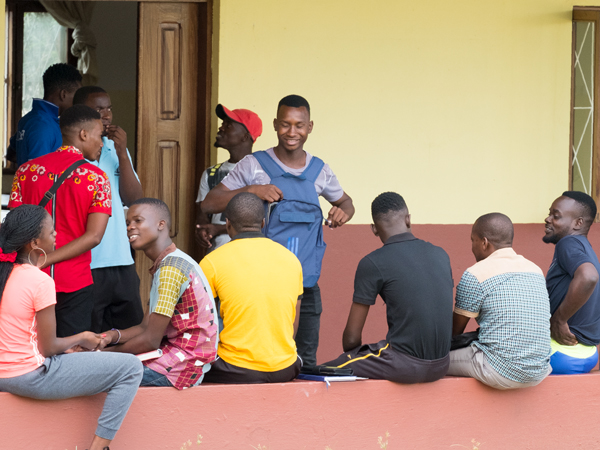maxixe
Each two or three years for the last decade I had visited Pakistan. I have a good friend in Lahore, Dr. Syed Muhammad Awais. He is involved in medical education and charitable work, in additional to his own private practice. My visits have all been to participate as a speaker in conferences, but I've also taken time to get acquainted with Lahore. I've also had the opportunity to visit some nearby villages, as well as the village that is my friend’s original family home.
These visits have also given me a chance to get acquainted with many of Dr. Awais’ friends, as well as his family. He has two daughters and a son, all of whom are medical doctors. All three of them at one time or another have come to Tulsa and stayed at our house during their educational studies. A third daughter is just now completing her medical education. The whole family is quite interesting. His wife's father was a High Court judge, and her mother is originally from Yorkshire in England.
On my most recent visit (in 2019) I was there to participate in a conference where I spoke on good governance and on the future of higher education, two separate talks. I was there as a guest of the Pakistanis, so there was no expense to the University of Oklahoma involved in my travels. The conference brought together several hundred students and faculty at a Lahore university.
The most interesting part of my recent visit was the opportunity that I had to spend a couple of days in Dr. Awais’ village. In Pakistan everyone can trace their village roots, and they take pride in them.
Although we had briefly visited the village once before, his family home was in the early stages of being reconstructed and was not habitable. The house has now been completed and so we spent the night, and also had a very social evening with neighbors sitting outdoors in the patio of the house.
From an Oklahomans’ perspective, it was a surprising group of village people that gathered for dinner and visiting. One was an expert in classic Persian poetry, and another in Punjabi poetry. Pakistanis still value classical scholarship. This was a very small community, maybe 200 people in total, and I don't think in our state we are likely to find two experts in any kind of classic poetry in a town that size.
A traditional dinner was catered in by a cook in the village, and then we moved outdoors to sit under the stars. Few of the people there spoke English, though some understood it well, but most everything had to be translated for me. There were a total of 11 others in the group. I was the only one in Western clothing, except for two teenagers that had come to listen to the conversation. Everyone else was in traditional Pakistani clothing.
It was nice to be somewhere where people valued conversation and had stories to tell. Each of the two scholars took turns telling stories from Persian and Punjabi poetry. The stories had strong moral messages and this raised the tone of the evening to a high level. It was an exceptional evening. I felt like I was part of something very special.
The next morning we visited two schools, one for boys and one for girls. Dr. Awais is an active benefactor of both, and we were given a very warm welcome. At the boys school, perhaps it can be better described as a "royal" welcome ...all of the boys were outside waiting for us, and they formed a welcoming line to throw rose petals on us as we entered the school.
Current school building was built in 1854, though the school itself is 200 years old. 700 students are served by 29 faculty members, so classes are large. It has grades 1 through 10. 12 years of schooling are required for a high school degree and for their last two years the students attend a larger high school and a bigger town nearby.
Following our visit to the boy’s school, we visited the girls’ school. The boy’s school was run by men, and the girl’s school was run by women. The school for girls was more colorful, but the students in both locations showed admirable deportment. In both places they were respectful and well behaved.
Education in Pakistan is more traditional in the European sense than in the United States, and students would stand when we dropped in to visit a classroom. Perhaps that would be a good custom for our young people to learn. Even though the class sizes were large by our standards, the good behavior of the students seem to make them workable.
 Prof. Rodger Randle
Prof. Rodger Randle
Director, OU Center for Studies in Democracy and Culture
